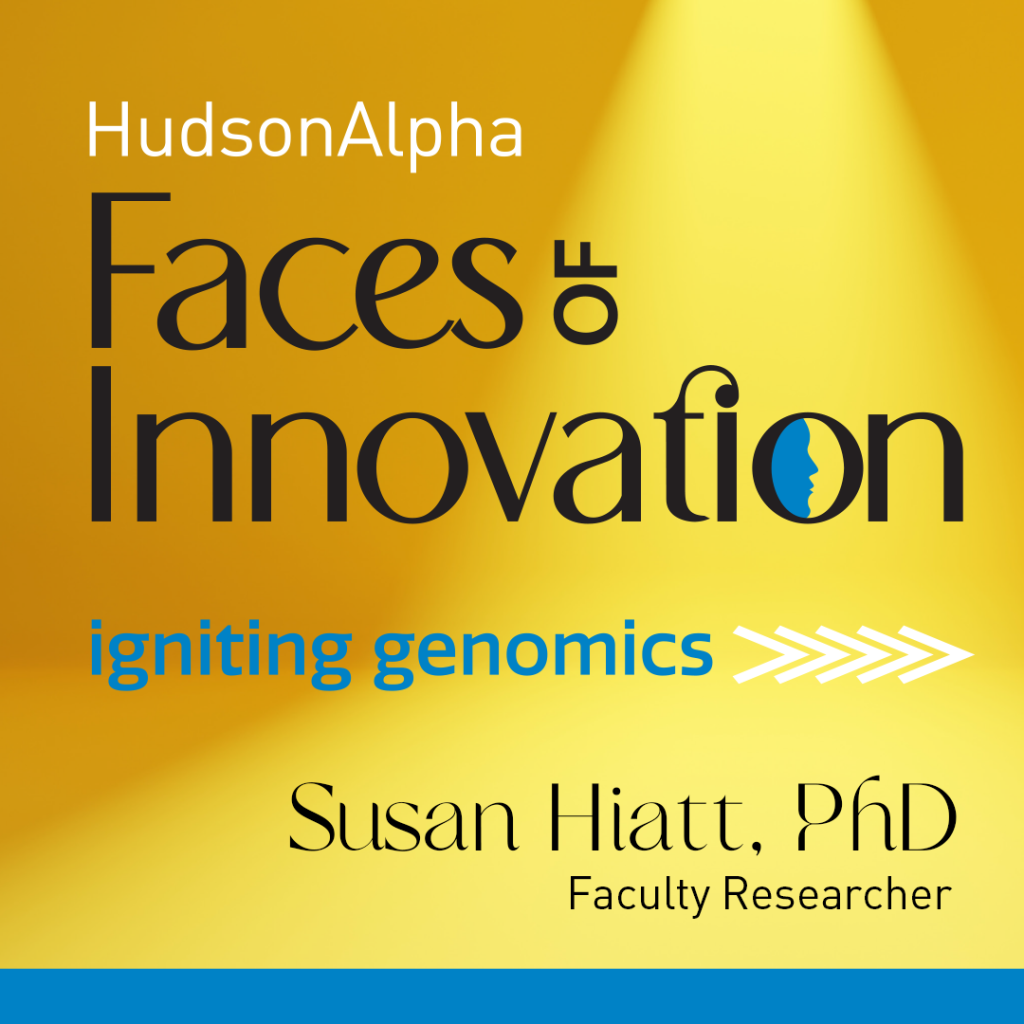The arrest of the alleged Golden State Killer on DNA Day brought closure to victims’ families and law enforcement – but at what price?
That’s the question posed in a new Perspective article in the New England Journal of Medicine. Thomas May, PhD, bioethics faculty investigator at HudsonAlpha Institute for Biotechnology and research professor at the Washington State University Elson S. Floyd College of Medicine, authored the article “Socio-Genetic Risks – Ancestry DNA Testing, Third-Party Identity, and Protection of Privacy.”
The suspect in the Golden State Killer cases was identified through a relative who had submitted DNA to a direct-to-consumer genetic test that analyzes DNA to identify nations of origin as well as familial relatives in its database. Law enforcement basically traced the “DNA family tree” from DNA left at crime scenes.
May’s article notes the lack of privacy that allowed for the capture of the suspect.
“Our regulatory approach to privacy in direct-to-consumer genealogic testing has permitted the creation of a Wild West environment,” May states. “Some level of protection should be possible. Although there is no way to guarantee privacy, surely there are ways to mitigate risk.”
May advocates regulatory oversight to increase privacy, determine who would be allowed to submit another’s DNA sample for testing, and guide the drawing of inferences from DNA results – particularly for those who are not the source, but who may be implicated by the results.
“Although we might all like to allow DNA testing to be used to catch criminals, such testing comes with a loss of privacy and competing interests must be considered,” May concludes.
About HudsonAlpha: HudsonAlpha Institute for Biotechnology is a nonprofit institute dedicated to developing and applying scientific advances to health, agriculture, learning, and commercialization. Opened in 2008, HudsonAlpha’s vision is to leverage the synergy between discovery, education, medicine, and economic development in genomic sciences to improve the human condition around the globe. The HudsonAlpha biotechnology campus consists of 152 acres nestled within Cummings Research Park, the nation’s second largest research park. The state-of-the-art facilities co-locate nonprofit scientific researchers with entrepreneurs and educators. HudsonAlpha has become a national and international leader in genetics and genomics research and biotech education and includes more than 30 diverse biotech companies on campus. To learn more about HudsonAlpha, visit hudsonalpha.org.
Media Contact:
Margetta Thomas
mthomas@hudsonalpha.org
256-327-0425

